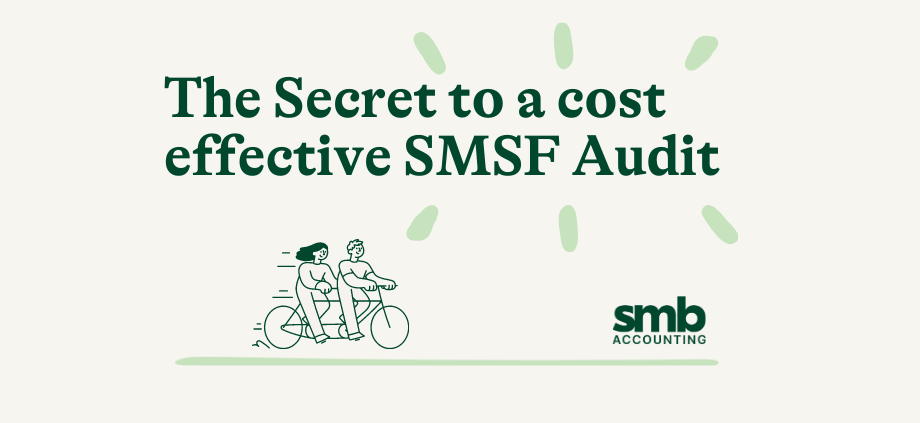Maximising ROI: The Secret to a Cost-Effective SMSF Audit
Self-managed super funds (SMSFs) are becoming increasingly popular in Australia, with more and more individuals seeking greater control over their retirement savings. However, with greater control comes greater responsibility, and SMSF trustees are required by law to undergo an annual audit to ensure compliance with regulatory requirements. While many trustees may be tempted to choose the cheapest audit option available, it is important to consider your audit’s return on investment (ROI) to ensure long-term cost-effectiveness.
What Is ROI and Why Does It Matter?
ROI is a financial metric that measures the profitability of an investment relative to its cost. In the case of an SMSF audit, the cost is the fee paid to the auditor, while the return is the value added to the fund through increased compliance and reduced risk of penalties. A high ROI indicates that the investment is profitable, while a low ROI suggests that the investment may not be worth the cost.
While choosing the cheapest audit option available may be tempting, this can often result in a low ROI. A cheap audit may not identify all compliance issues, leaving the fund vulnerable to penalties and other risks. Additionally, a low-quality audit may fail to identify opportunities for growth or improvement, resulting in missed opportunities for increased returns.
Factors That Affect ROI in SMSF Audits
Several factors can affect the ROI of an SMSF audit, including:
- Auditor Expertise: An experienced and knowledgeable auditor is more likely to identify all compliance issues and opportunities for improvement, resulting in a higher ROI.
- Audit Scope: A thorough audit that covers all aspects of the fund is more likely to identify compliance issues and opportunities for improvement, resulting in a higher ROI.
- Audit Technology: Using advanced audit technology can improve the efficiency and effectiveness of the audit, resulting in a higher ROI.
- Audit Fees: While lower fees may seem attractive in the short term, they may result in a lower ROI if compliance issues and opportunities for improvement are missed.
Maximising ROI in SMSF Audits
To maximise the ROI of your SMSF audit, it is important to choose an experienced and knowledgeable auditor who uses advanced audit technology and offers a comprehensive audit scope. While this may result in higher fees in the short term, the long-term benefits of increased compliance and improved returns can far outweigh the initial cost.
Additionally, it is important to approach the audit process as an opportunity for growth and improvement rather than simply a regulatory requirement. By working closely with your auditor and actively seeking out opportunities for improvement, you can increase the ROI of your audit and your overall SMSF performance.
Maximise Your SMSF Audit ROI with SMB Accounting
Choosing a cheap SMSF audit may seem like a cost-effective option in the short term, but it can result in a low ROI and missed opportunities for growth and improvement. To maximise the ROI of your SMSF audit, it is important to choose an experienced and knowledgeable auditor who uses advanced audit technology and offers a comprehensive audit scope. By approaching the audit process as an opportunity for growth and improvement, you can increase the ROI of your audit and your overall SMSF performance.
If you’re looking for a trusted accounting service to help maximise the ROI of your SMSF audit, look no further than SMB Accounting! Our team of experienced SMSF auditors and advanced audit technology can help ensure compliance and identify opportunities for growth and improvement, resulting in a higher ROI for your fund. As a leader in the SMSF audit industry, our offices complete audits for accountants Australia-wide with a 24-hour turnaround guaranteed and all work is performed within Australia, NO outsourcing. Contact our office today!

